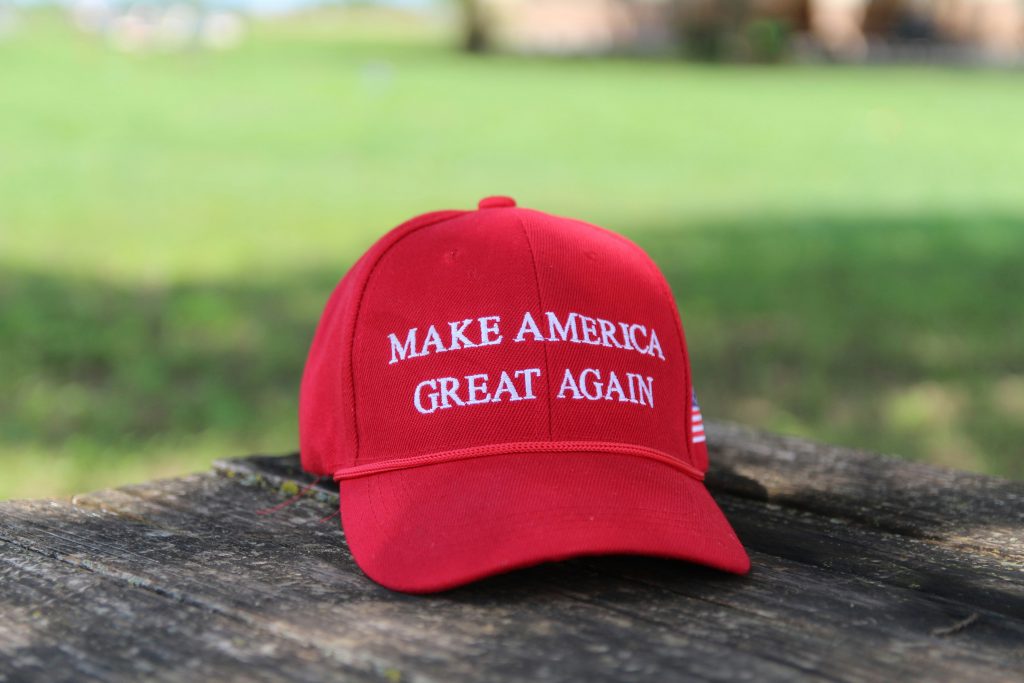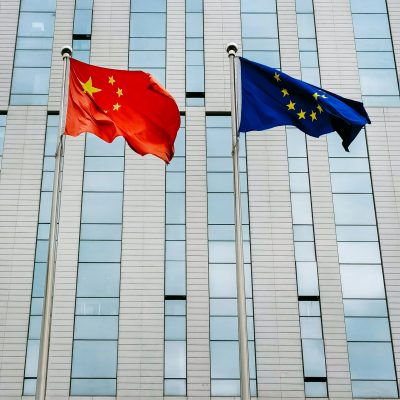Trump Trade: More Bark than Bite?
In this policy paper, Elvire Fabry, senior research fellow at the Jacques Delors Institute, analyses the factors that will prevail in Washington’s initiatives et outlines two scenarios allowing to decipher the way in which these various parameters might be played out:.

Since the election of the new US President Donald Trump, uncertainty surrounds the new direction that US trade policy will be taking. Should we expect a hard Trump or a soft Trump? To what extent does Trump’s desire to rebalance US trade and to “level the playing field”, mean “playing dirty” by adopting aggressive unilateral measures, and thus risking a profound disruption of international trade by triggering an escalation in the targeted countries’ response?
In this policy paper, Elvire Fabry, senior research fellow at the Jacques Delors Institute, analyses the factors that will prevail in Washington’s initiatives et outlines two scenarios allowing to decipher the way in which these various parameters might be played out:
• An aggressive economic nationalism;
• A protectionist megaphone with limited disruption.
The Europeans need to seriously prepare a gradual response to Donald Trump’s protectionism, all the more that the European Union is more vulnerable than China. While the latest developments would argue in favour of a soft Trump, an aggressive scenario cannot be excluded, and call Europeans to prepare responses, notably:
- preserving multilateralism, by forging a broad coalition with Asia, Africa and Latin America against protectionism;
- avoiding a risk of divisions between EU member states by making a collective commitment to use trade defence instruments and by preparing a European harmonisation of corporate tax;
- and building consensus over European trade policy.




